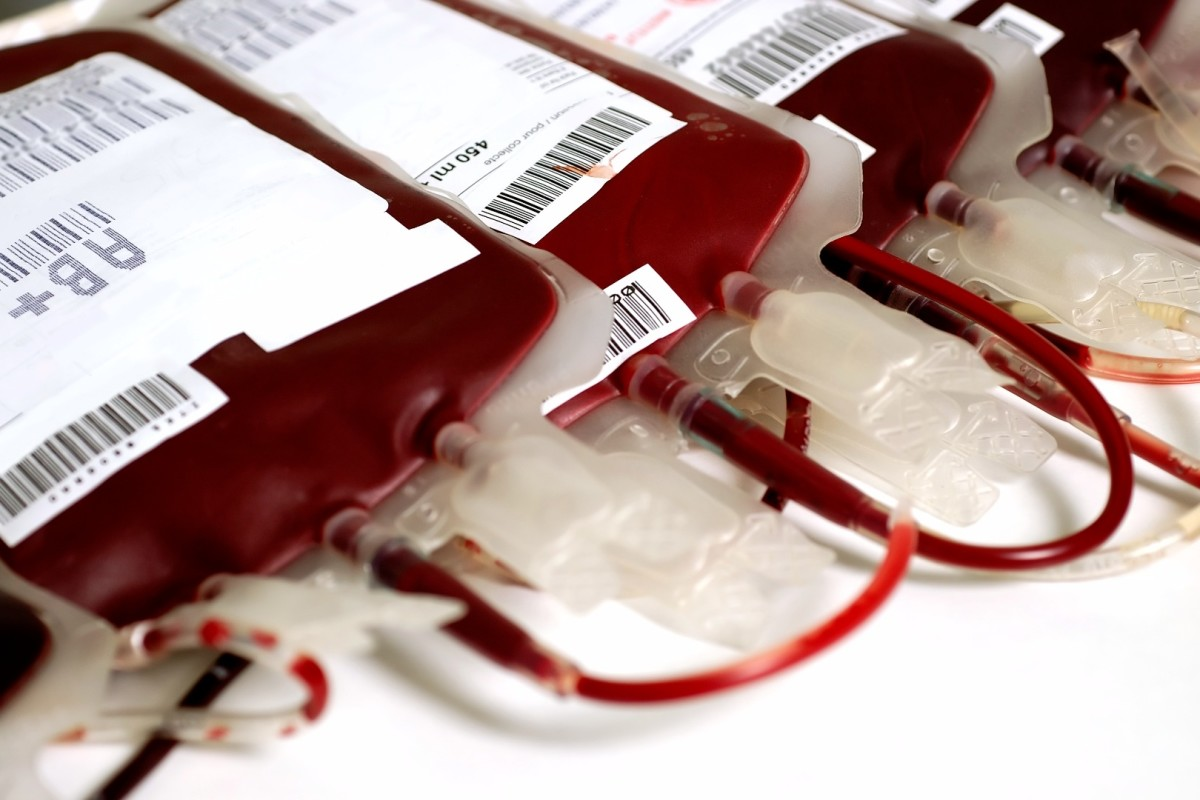New ‘one bag’ product saves trauma patients’ lives

New research shows a new blood product combining red blood cells and plasma in one bag increases the chances of surviving a major trauma injury.
The study, carried out by Barts Health NHS Trust, NHS Blood and Transplant and, Queen Mary University London, was published today (2 Feb) in the journal Critical Care.
The study involved 909 patients who had experienced a major trauma injury that caused them to lose a lot of blood, and who were treated by the London Air Ambulance.
Typically, these patients would be given just red blood cells or separate transfusions of red blood cells and plasma, the liquid part of the blood that helps it to clot.

New 'one bag' blood product containing plasma and red blood cells in one single bag
Researchers in this study wanted to see if giving one single transfusion that combined red blood cells and plasma in one single bag had any impact on survival.
They found that patients who were given the single, ‘one bag’ transfusion of red blood cells and plasma combined were 1.5 times more likely to survive the first 24 hours than those given either just red blood cells or separate transfusions of red blood cells and plasma.
While larger clinical trials that involve more patients are needed to confirm these findings, the study shows that having one single bag that contains red blood cells and plasms is not only more convenient for staff in air ambulances but also benefits patients.
Dr Laura Green, a consultant haematologist at Barts Health NHS Trust and chief investigator of the study said: “The majority of trauma deaths are within three hours.
“We know patients benefit from getting not just red blood cells but also plasma but it’s difficult to quickly carry out multiple transfusions in an urgent pre-hospital setting – such as by the road side at night following a major crash, where a patient might have minutes to live.
“The study provides evidence that this new product, which contains both plasma and red blood cells unmixed in one bag, also saves more lives than just giving red blood cells alone.
“Now it can be explored further as a potential lifesaving new treatment which can be used outside of hospitals.”
This trial was funded by Barts Charity, London's Air Ambulance, and NHS Blood and Transplant.
